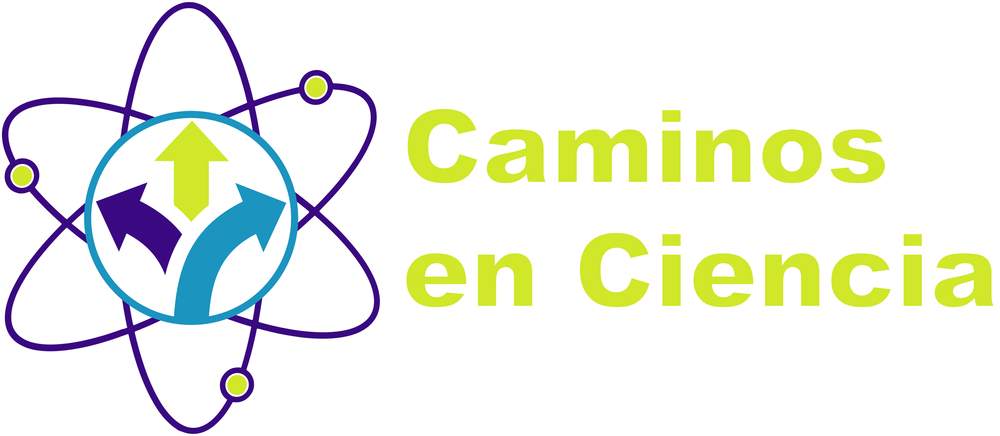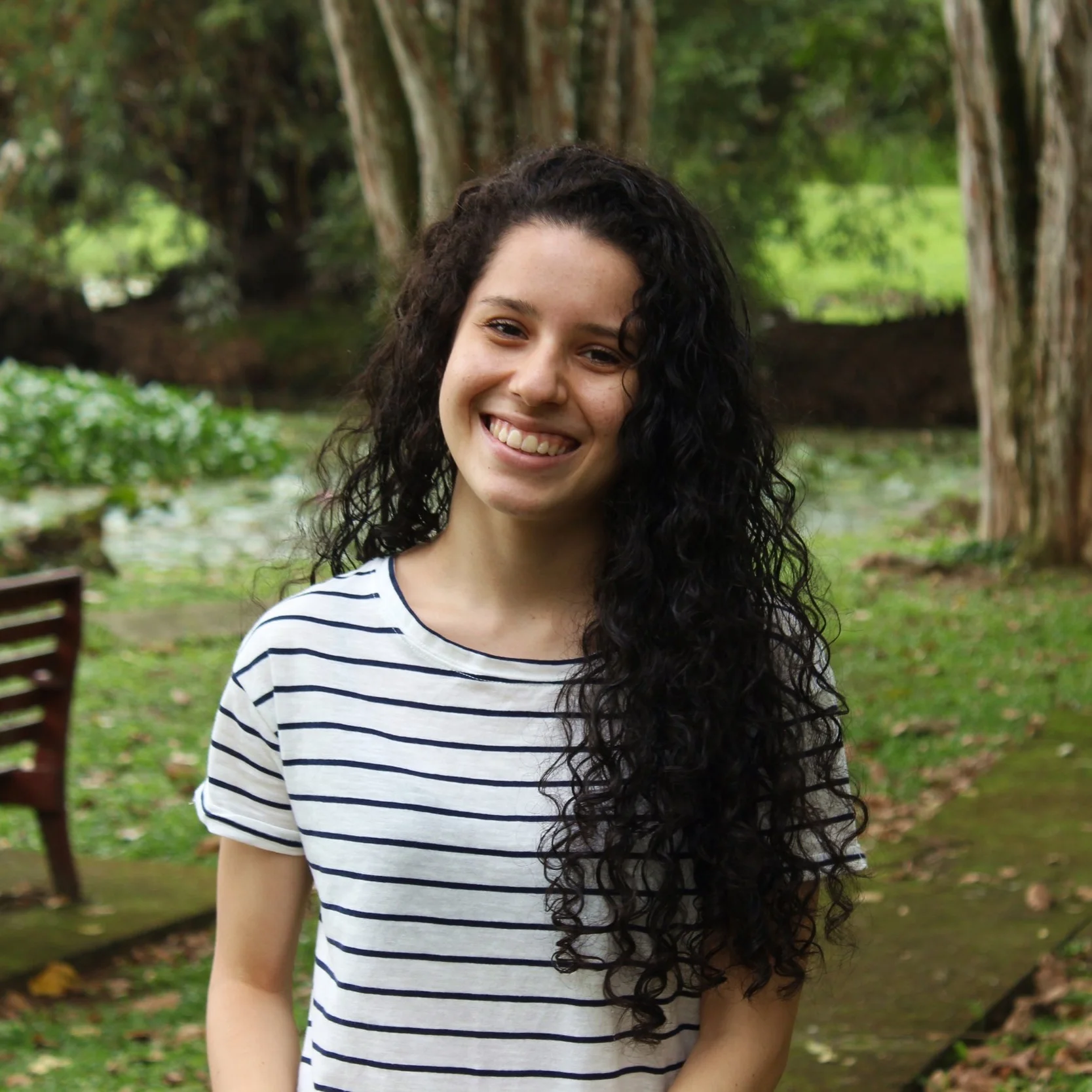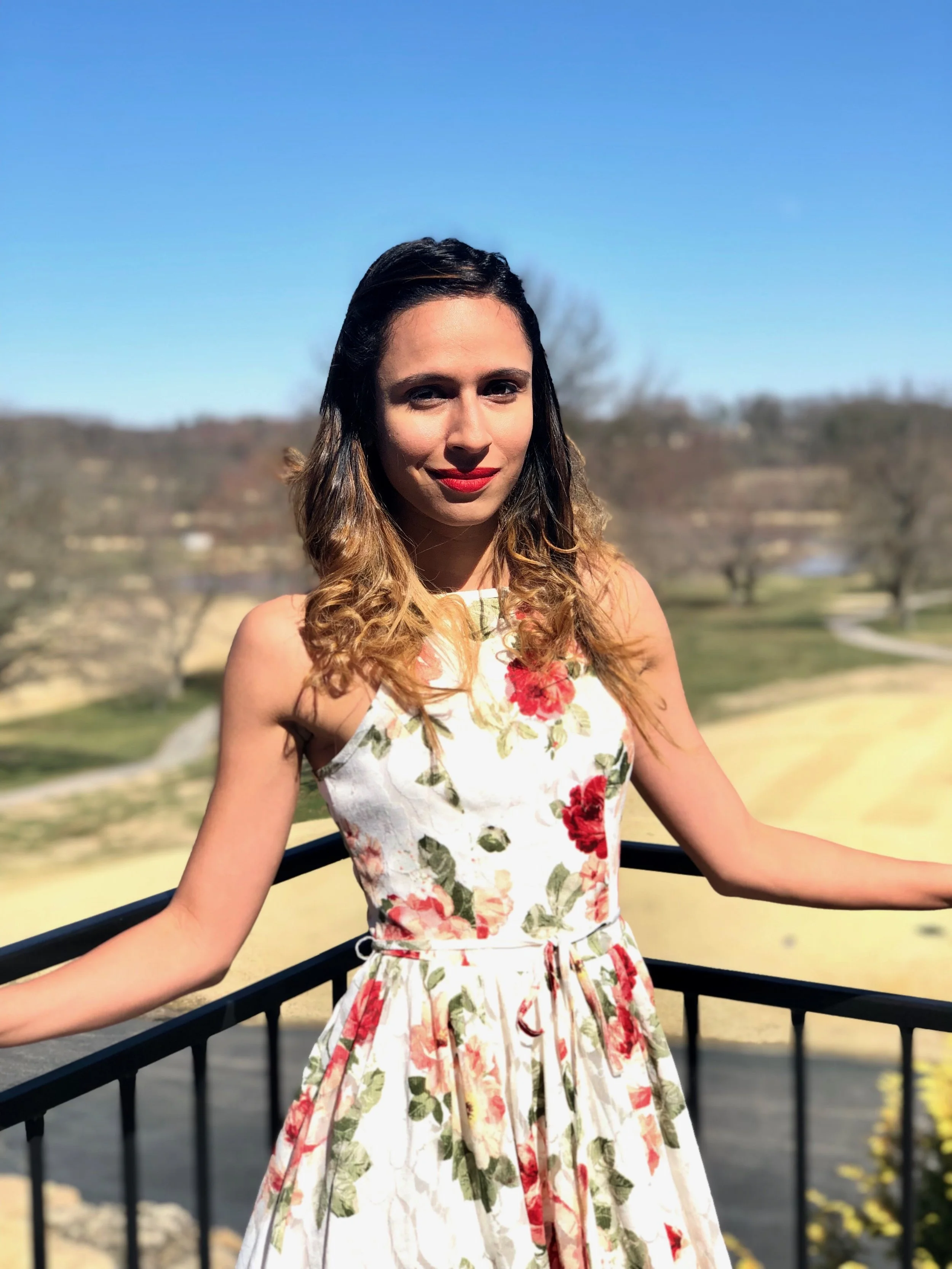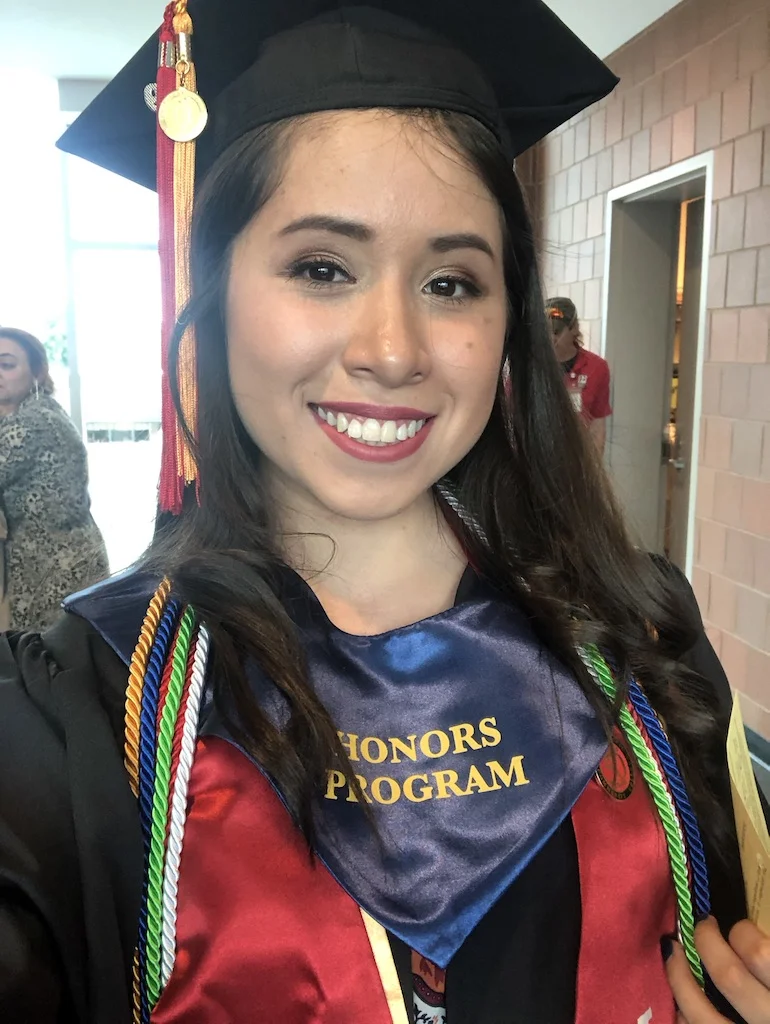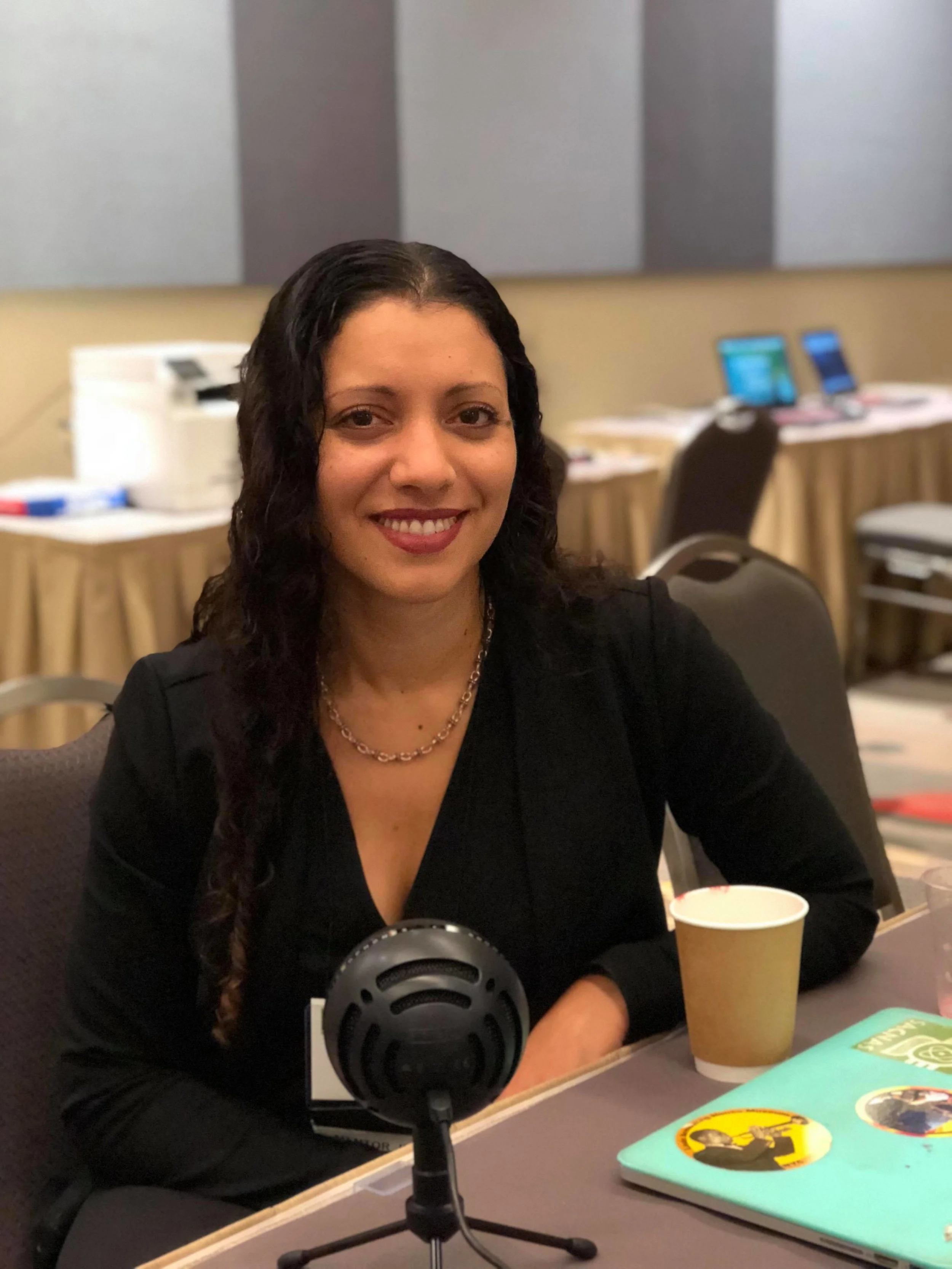Johayra Simithy, PhD - Medical Science Liaison at Roche in Panama
Dr. Johayra Simithy joins us to share her scientific journey, which has developed from childhood interest into an international learning experience, and most recently, a strong career in the pharmaceutical industry. Raised in Northwest Panama, Johayra attributes her early interest in the medical fields to her mother’s career as a nurse. As a child, she got to help with simple tasks at the hospital, such as capping tubes, which she absolutely loved. To maximize her opportunities in science and medicine, Johayra decided to begin studying in Panama City after graduating high school, although she was initially unsure of which specific program to join. After some strategic advice from her mother, she decided to try a year in the pharmacy program at La Universidad de Panamá (UP). Her perception of pharmacists as people filling prescriptions behind counters all day broadened as she learned of opportunities in the agriculture industry, research labs and pharmaceutical companies. A requirement of her pharmacy degree was the completion of an internship in her choice of hospital, pharmacy or research experience. Although the research internship was the lengthiest option, she discovered one of her passions in Mass Spectrometry, which she used heavily during her research in the discovery of small plant-derived molecules at El Centro de Investigaciones Farmacognsaticas de la Flora Panameña (CIFLORPAN). Here she connected with her future PhD advisor, Dr. Angela Calderon, and solidified her scientific pathway towards discovering and researching clinically relevant molecules.
Her goals grew to include obtaining a PhD, which she pursued with the help of funding from La Secretaría Nacional de Ciencia, Tecnología e Innovación. This allowed her to attend Auburn University, where she worked on drug discovery for applications against Tuberculosis and Malaria. Hoping to apply her mass spectrometry skills on different types of molecules, Johayra joined the lab of Dr. Benjamin Garcia as a postdoc at the University of Pennsylvania, where she found success in characterizing protein modifications with epigenetic effects. With her scientific training now complete, Johayra works in Panama as required by the scholarship which allowed her to complete her PhD. As a medical science liaison for Roche, Johayra says she is honored and thankful for the opportunities that allowed her to pursue her goals. In her current role, Dr. Simithy meets with medical researchers to plan and carry out clinical studies, while also analyzing and presenting findings from ongoing studies. She says she enjoys seeing the application of pharmaceutical research, which is something she wasn’t exposed to much during her academic experiences. When speaking of her transition from the world of academia to a pharmaceutical company, she highlights two important skills she has recently polished: communication and analysis. Johayra reminds us that it is crucial to be both precise and concise when presenting scientific data. Additionally, she emphases that data that is properly analyzed and well visualized can greatly improve the ability of a team to work collaboratively and efficiently. Lastly, it is obvious that Johayra’s positive attitude and willingness to learn have aided her at each step of her scientific journey. Her dedication to maintaining a positive mentality despite challenges is something I find admirable and hope all young researchers can emulate as we continue our own scientific journeys.
Check out her interview in Spanish!
Special thanks to Daniel Tarte for summarizing our interview with Dr. Johayra Simithy!
By Daniel Tarde, 3rd year PhD student in the Molecular, Cellular and Developmental Biology program at Yale University.
From Ames, Iowa.
